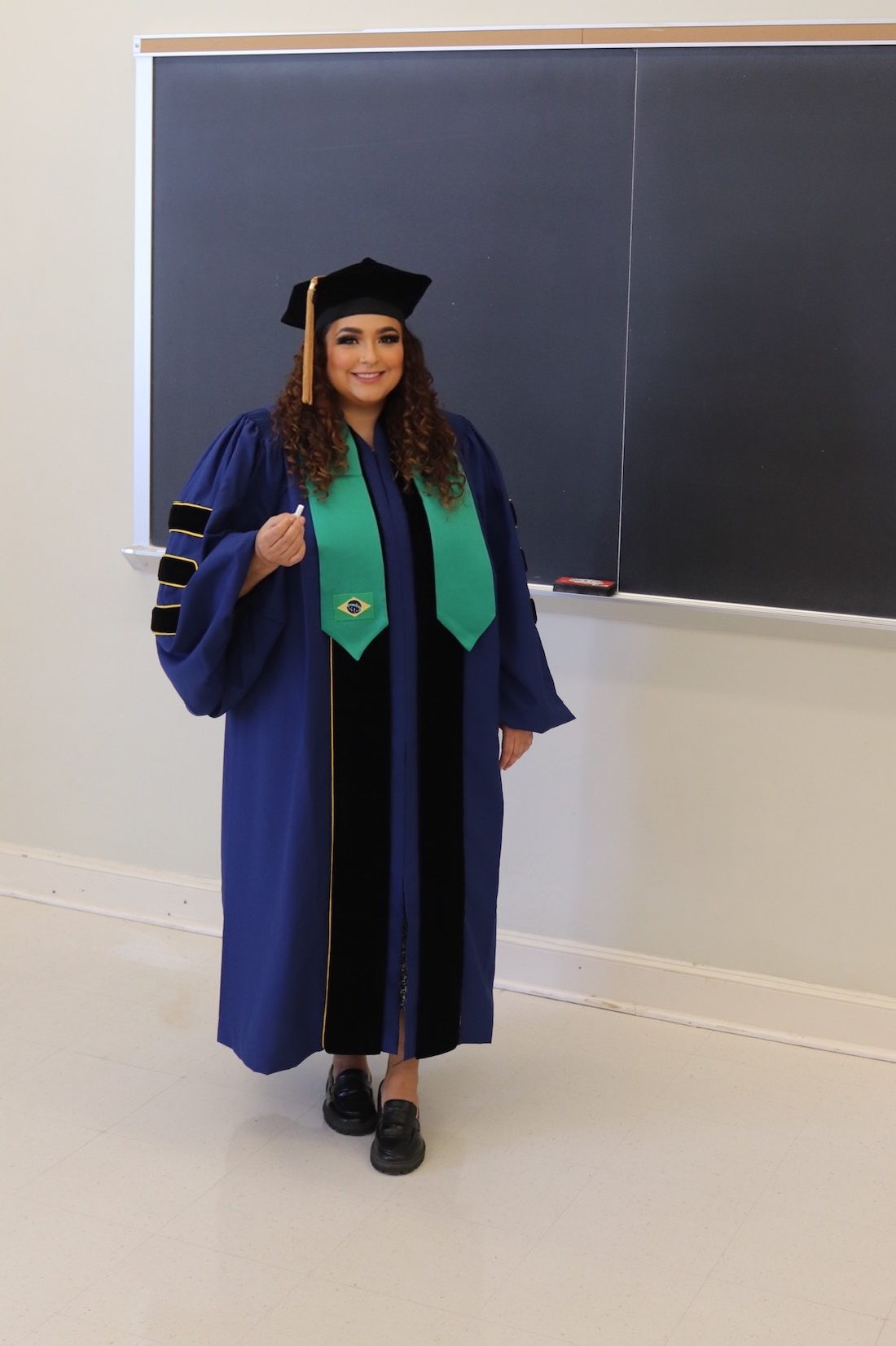Teaching Philosophy

As a woman of color born and raised in a different country, I am sensitive to issues of diversity in higher education. As an educator, I believe the inclusion of a wide range of voices is crucial for effective academic and research programs and in the process of creating awareness of global issues. Because of my background, I am familiar with the challenges faced by underprivileged and marginalized students and I actively account for diverse backgrounds and seek to accommodate their needs within and outside the classroom. Therefore, my teaching is highly influenced by creating a structure that encourages students to have agency in an environment in which they feel heard, valued, and taken seriously.
I see critical consciousness as a primary goal of the education process. Paulo Freire, for example, highlights the importance of questioning our historical and social situation in the process of learning, while centering concepts of oppression, conscientization, and dialogue in his pedagogy. My teaching is highly informed by critical and feminist pedagogies, understood as an overarching philosophy that, although plural, has in its core the idea of emancipation and recognition of power relationships in educational practices. Thus, seriously considering systems of oppression around education is crucial to developing liberatory teaching praxis.
I have developed my teaching philosophy upon my teaching experiences, identities, and in response to my students’ needs, working to foster an environment of intellectual diversity and dialogue. Thus, teaching also requires constant learning and self-reflection. I welcome and take advantage of teaching training opportunities always to improve and think about my teaching practices. Throughout the semester, I create opportunities to constantly get feedback from students on teaching practices so I can adapt my teaching to become more effective for them. Additionally, I am committed to getting involved in activities outside the classroom. Advising, independent studies, mentoring, extracurricular activities, etc., are imperative components of educational praxis.